
Introduction
Linux Secret Storage Service is a secure and convenient way to store sensitive information on your Linux system. It provides a secure location to store passwords, encryption keys, API tokens, and other confidential data. This service ensures that your secrets are encrypted and protected, preventing unauthorized access.
How Does It Work?
Linux Secret Storage Service uses the keyring functionality in the Linux kernel to securely store secrets. The keyring acts as a secure storage container where secrets are encrypted and stored. Each user has their own keyring, which is protected by their login password.
Creating a Secret
To create a secret, you can use the secret-tool command-line tool or a graphical user interface like Seahorse. With the secret-tool, you can specify the secret’s label, attributes, and the secret itself. The secret will be encrypted and stored in your keyring.
Retrieving a Secret
When you need to access a secret, you can use the secret-tool or other applications that integrate with the Secret Storage Service. These applications can retrieve the secret from your keyring by specifying the secret’s label or attributes. The secret will be decrypted and provided to the requesting application.
Benefits of Linux Secret Storage Service
1. Enhanced Security: Linux Secret Storage Service ensures that your sensitive information is encrypted and protected. Your secrets are stored securely in your keyring, which is protected by your login password.
2. Convenient Access: You can easily access your stored secrets whenever needed. Applications can retrieve the secrets from your keyring, making it convenient to use them without manual intervention.
3. Centralized Storage: Linux Secret Storage Service provides a centralized storage location for your secrets. You don’t need to remember multiple passwords or store secrets in insecure locations.
Use Cases
Linux Secret Storage Service has various use cases:
1. Password Management: You can store your passwords securely in the keyring and easily retrieve them when required.
2. API Key Storage: If you use APIs that require authentication, you can store the API keys in the keyring for secure access.
3. Encryption Key Storage: Linux Secret Storage Service can be used to store encryption keys for secure communication and data protection.
Conclusion
Linux Secret Storage Service provides a secure and convenient way to store sensitive information on your Linux system. It ensures that your secrets are encrypted and protected, offering enhanced security. With its centralized storage and easy access, it is a valuable tool for password management, API key storage, and encryption key storage. Start using Linux Secret Storage Service to keep your secrets safe.
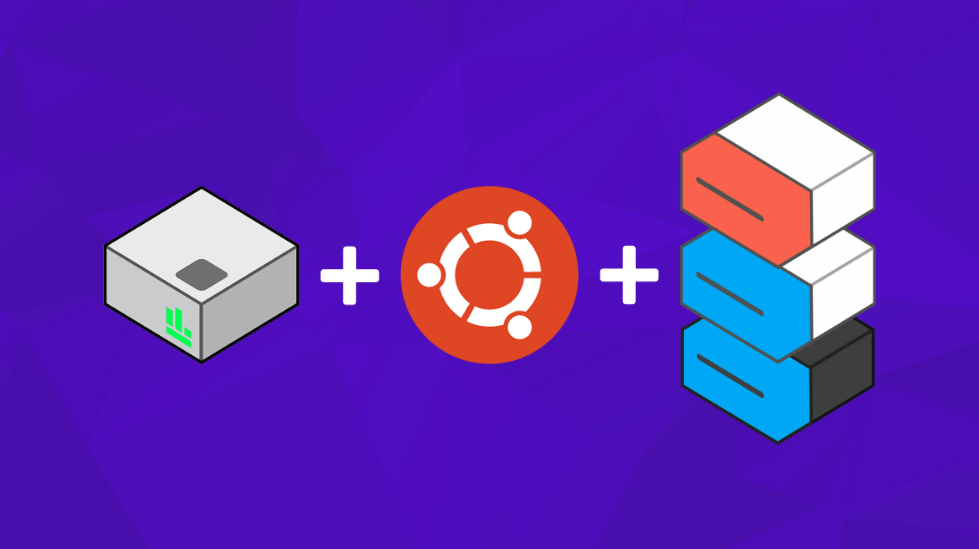
Making a Storage Volume Available for Use in Linux
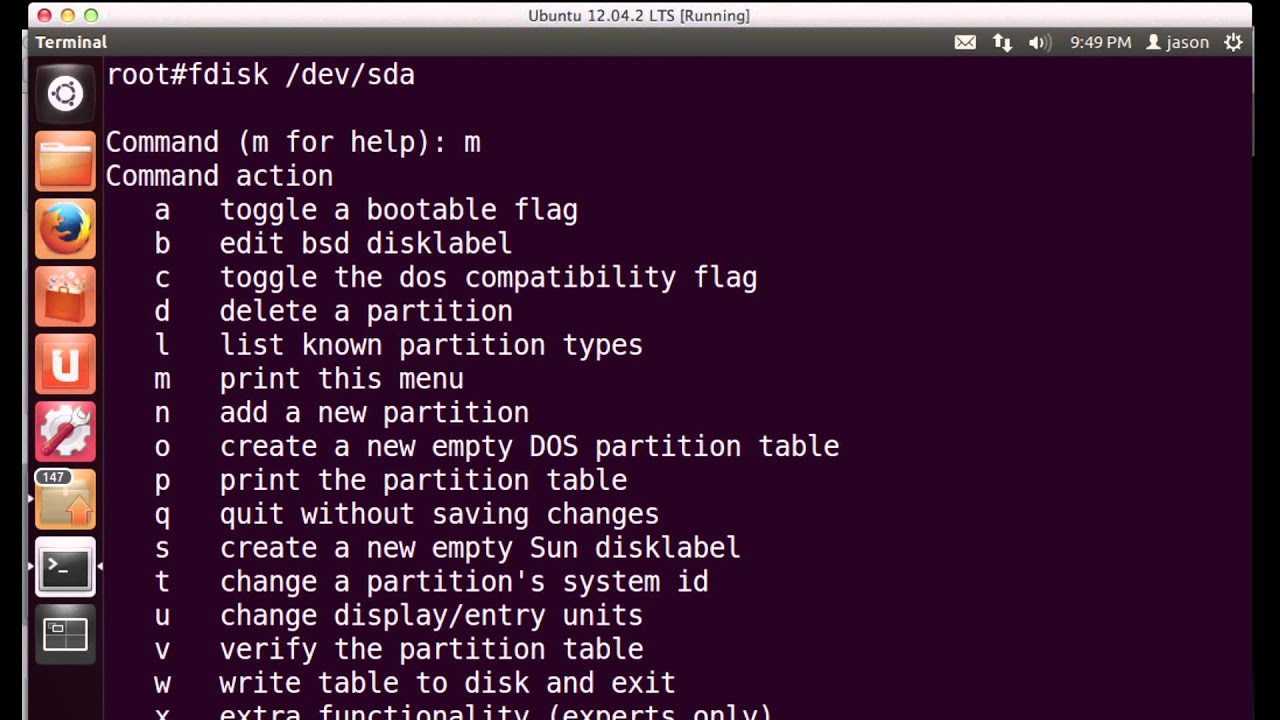
Basics of Working With Storage Devices in Linux YouTube

Best Cloud Storage for Linux 2021 Pleasing the Penguin

Linux Mass Storage Devices CompTIA Linux+ LX0101 101.1 YouTube

SQL Server on Linux Storage Secrets Data Exposed MVP Edition
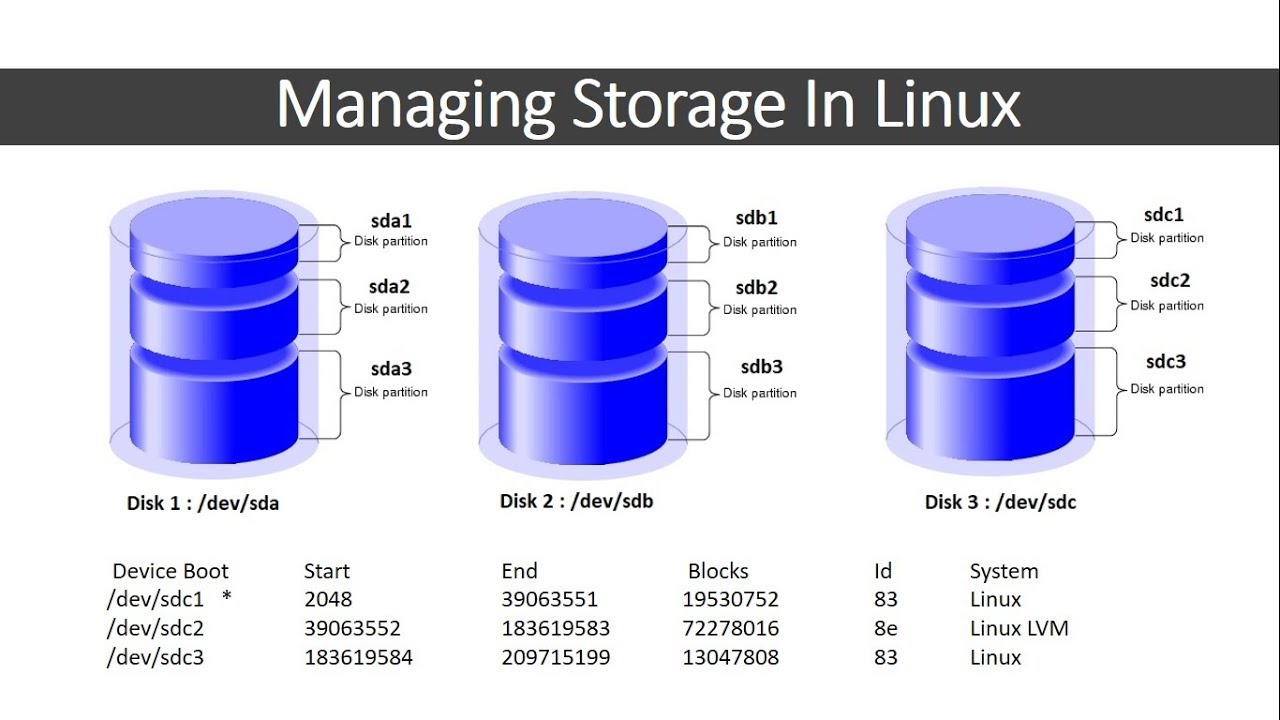
Managing Storage in Linux with fdisk , lsblk , blkid , du and df
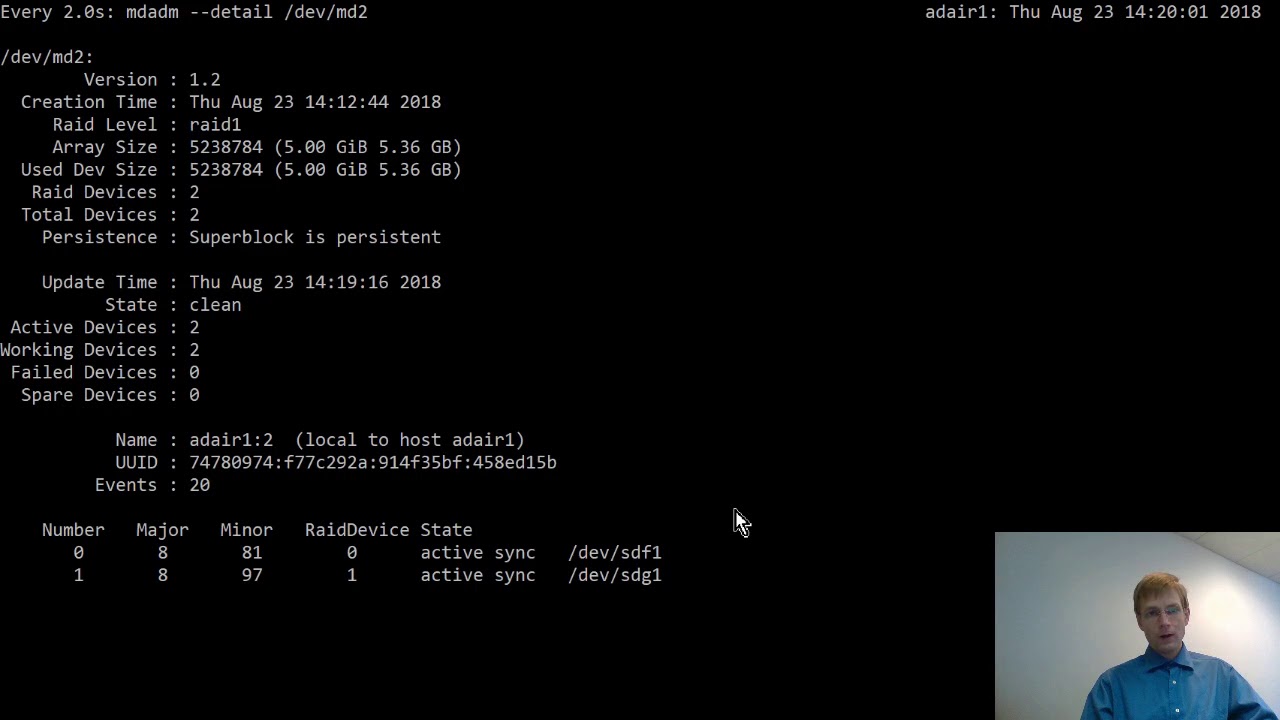
Linux Server Storage management with MD/RAID and LVM YouTube

How to add storage to your Linux system YouTube
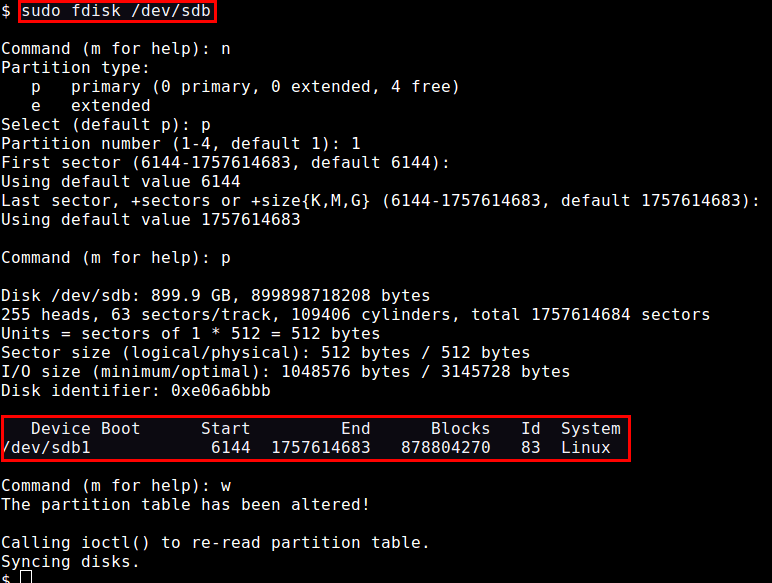
Linux basics Storage. Storage in Linux by Long Nguyen Medium

Linux Storage Management and Partitions





